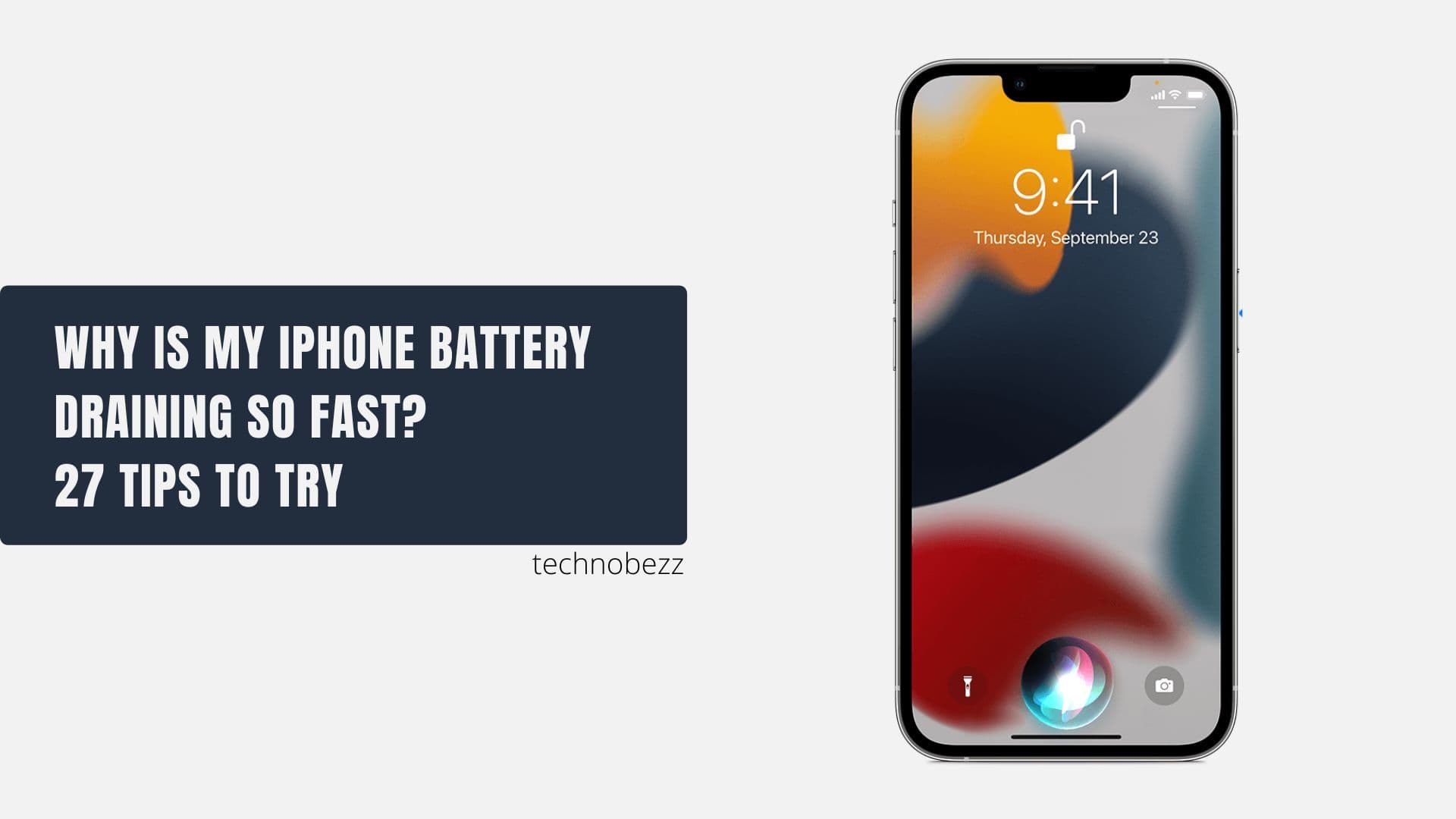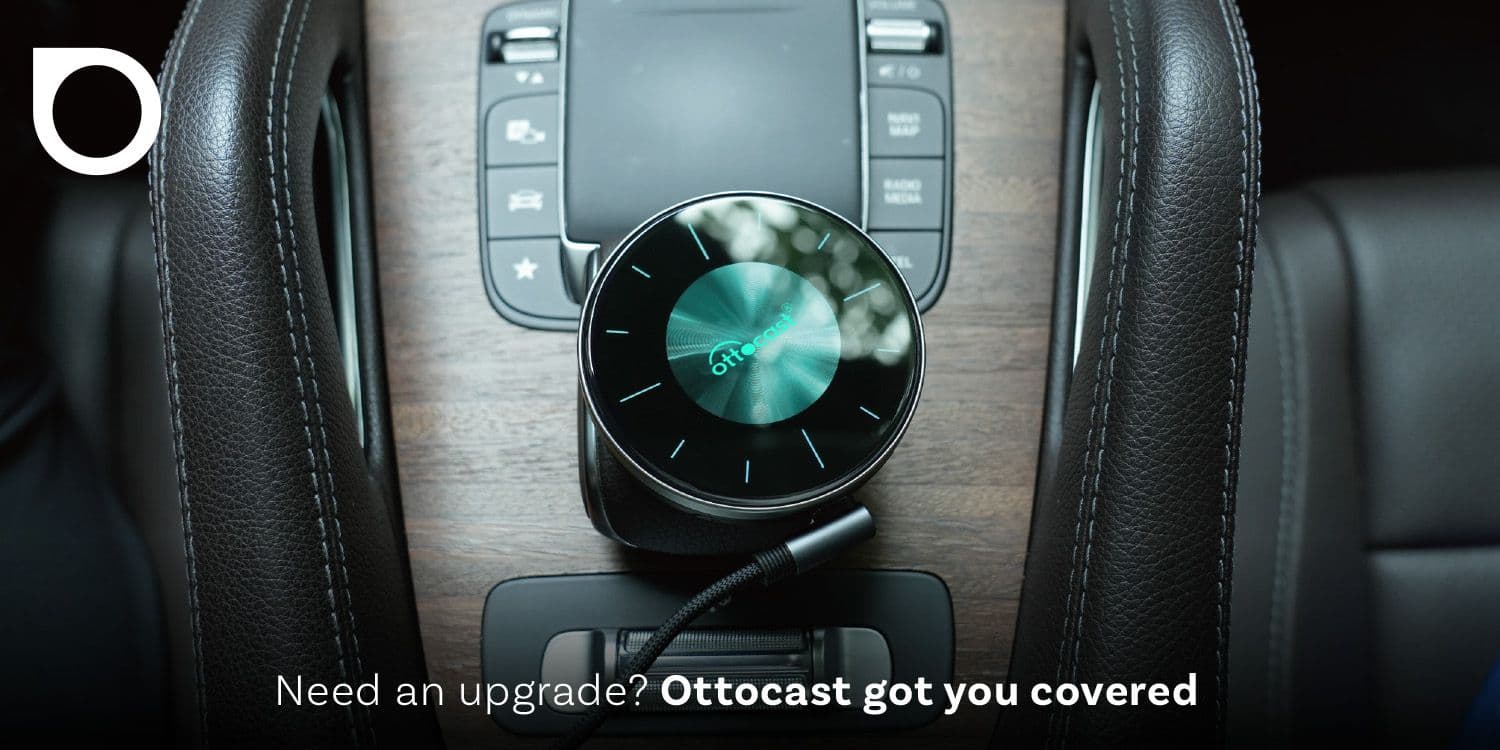OpenAI Launches iOS App for ChatGPT, Android Version Coming Soon

OpenAI has released an iOS app for its popular chatbot, ChatGPT, with an Android version planned for the near future. The free app offers voice input and synchronizes chat history with the web. Leveraging OpenAI's open-source speech recognition model, Whisper, the app is compatible with iPhones and iPads and can be downloaded from the App Store. Initially rolling out in the United States, OpenAI intends to expand availability to other countries in the coming weeks.
The introduction of the ChatGPT app comes as a surprise since OpenAI did not previously hint at its development. However, given the immense popularity of ChatGPT, the move is logical. Since its launch in November, the AI chatbot has experienced significant usage growth. External estimates suggest that by January, the app had amassed around 100 million users, although OpenAI has not officially confirmed these numbers.
The launch of the app is intriguing considering OpenAI's ambivalent stance regarding ChatGPT's market positioning. While initially an experiment, the chatbot quickly found a consumer audience utilizing it for various purposes, including academic and business applications. In February, OpenAI introduced ChatGPT Plus, a premium subscription offering prioritized access and responses generated by the company's latest language model, GPT-4. The subscription is priced at $20 per month.
Until now, accessing OpenAI's language models on mobile often involved using Microsoft's Bing app, which provides access to the company's chatbot powered by GPT-4. The availability of an official ChatGPT app is likely to attract users away from Microsoft's offering, as the latter has been utilizing access to its chatbot to incentivize the usage of Bing and Edge. Furthermore, the release of an official ChatGPT app is expected to reduce the number of spam and fake apps falsely claiming to provide access to the chatbot on mobile.
However, it's important to note that ChatGPT on mobile shares the same concerns as its web counterpart. This includes the bot's tendency to confidently generate fabricated information and concerns about user privacy. OpenAI has recently introduced the option for users to keep conversations private, but the app's homescreen still advises against sharing "sensitive info" within the app.
Also Read

Lenovo Debuts Solar-Charging Laptop That Turns 20 Minutes of Sunlight Into Hour of Video

Ottocast Car TV Mate Max Review – A Versatile In-Car Entertainment Adapter

iPhone Battery Dying In Minutes? 23 Real Fixes That Work

Ottocast Play2Video Pro Ups the Game in Affordable Car Entertainment

Ottocast OttoAibox P3 Powers a Smarter Driving Experience








